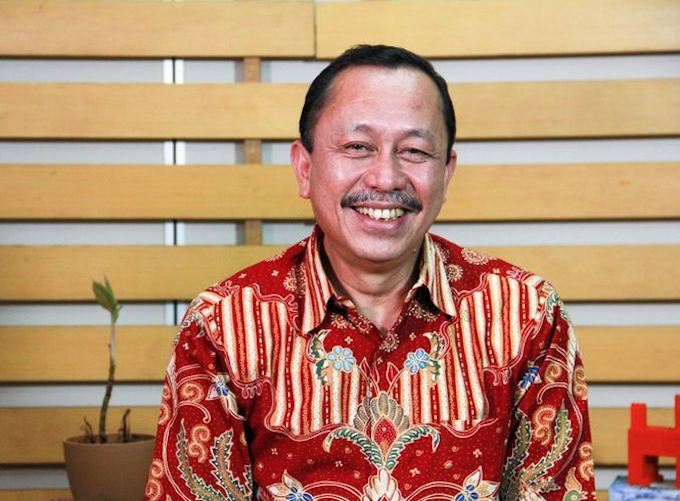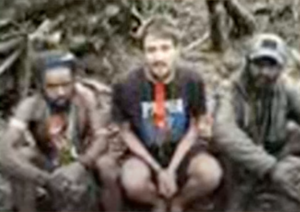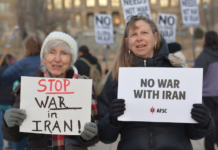
By Singgih Wiryono in Jakarta
Indonesia’s former National Human Rights Commission (Komnas HAM) chairperson Ahmad Taufan Damanik says it is difficult to expect Komnas HAM to play a role in freeing the New Zealand pilot Philip Mehrtens held hostage in West Papua.
According to Damanik, who was chair 2017-2022, this is because the current Komnas HAM leadership has taken a position tending to follow the government line and “doesn’t have the courage” to resolve humanitarian problems in Papua.
Damanik cites as an example the “humanitarian pause” agreement that was unilaterally cancelled by Komnas HAM, which triggered an escalation of violence in Papua, including the seizing of the Susi Air pilot by rebels demanding Papuan independence.
- READ MORE: Author condemns Canberra ‘collusion’ with Jakarta on West Papua atrocities
- Other NZ hostage pilot crisis reports
The humanitarian pause in Papua was an agreement reached by the Komnas HAM leadership for the 2017-2022 period to temporarily halt armed contact between the conflicting groups in Papua.
“Since they unilaterally cancelled the humanitarian pause without any good reason, as well as the lack of communication between parties, especially with our Papuan friends, it is difficult to expect them to play a role in Papua,” Damanik said in a text message on Friday.
“The one-side cancellation caused anger among those who were pushing for a humanitarian pause in Papua.
“With such a position, it is difficult to expect a strategic role for Komnas HAM. Their position tends to just follow what is being done by the government,” he added.
Communications deadlock
Yet, according to Damanik, by maintaining the independence of its authority, the Komnas HAM could break the communication deadlock between the demands of the hostage takers, — the West Papua National Liberation Army armed wing of the Free Papua Organization (TPNPB–OPM) — and the government.

“Including the [Philip Mehrtens] hostage negotiations, the Egianus group asked for the involvement of the Papua representative [office] head’s help. My hope is that the Komnas HAM national is welcomed in Papua, so it is better to provide full support to the Komnas HAM Papua representative office,” Damanik added.
Damanik also hopes that Komnas HAM, which is now headed up by Atnike Nova Sigiro, could be critical of central government policies that are wrong.
“Communicating criticism like this is what we used to do [when I served at Komnas HAM] and there is no need to worry about tension in the relationship [with the government]. That’s normal in relationships between institutions,” said Damanik.
Earlier, Sigiro said that the commission had entrusted all matters related to dealing with the New Zealand pilot’s hostage case to the government, saying they hoped that the case could be resolved peacefully.
Authority ‘with government’
“Authority for dealing with the hostage case is in the government’s hands,” said Sigiro earlier this month.
Mehrtens was taken hostage by the TPNPB on February 7 when his plane was set on fire after landing at the Paro airstrip in Nduga regency, Papua Highlands.
At the time, the plane was transporting five indigenous Papuan passengers. Mehrtens and the five passengers reportedly fled in different directions.
The five Papuans returned to their respective homes while Mehrtens was taken hostage by the pro-independence militants.
Translated by James Balowski for IndoLeft News. The original title of the article was “Tak Terlibat Aktif dalam Upaya Bebaskan Pilot Susi Air, Komnas HAM Dikritik”.













































